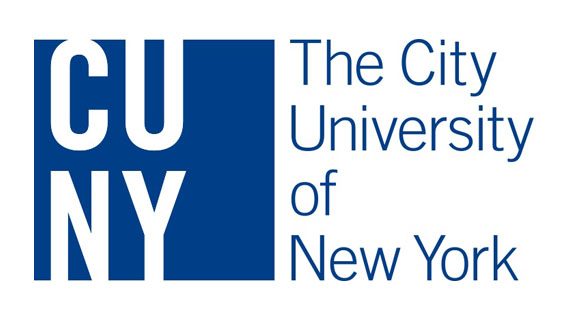
The Board of Trustees of The City University of New York today adopted the University’s 2012-2016 Master Plan, which showcases CUNY’s unwavering commitment to maintaining academic excellence and access, as well as its plans to expand innovative educational programs, invest in the hiring of new, full-time faculty and build 21st-century facilities in the coming years.
“Investing in Our Future”
Citing the University’s historic mission to provide New Yorkers access to a high-quality, affordable education, the 2012-2016 plan, with the title “Investing in Our Future,” emphasizes “the core academic values embedded in this mission: an uncompromising commitment to academic rigor, accountability, evidence, and assessment; a focus on the collaborative potential and promise of a single, integrated University; a steadfast insistence on the ability to serve students from all backgrounds, ensuring that each student has the opportunity to proceed smoothly through the educational pipeline to degree completion; and a dedication to the needs of the University’s urban setting.”
“The 2012-16 CUNY Master Plan is a comprehensive, forward-looking plan that reflects The City University of New York’s leadership role in public higher education. It builds on the foundation of academic achievement and innovation that the University has strengthened over the last several years, and defines an ambitious framework for advancing the creative work of our students and faculty going forward,” Chancellor Matthew Goldstein said.
“I commend Executive Vice Chancellor and University Provost Alexandra Logue for leading a University-wide process to develop an inspired plan grounded in CUNY’s historic mission of expanding access to a high-quality education and serving New York’s communities.”
A mission with four key elements
CUNY’s enrollment is at record highs, with more than 270,000 students in credit-bearing programs and more than 200,000 in continuing and professional education.
That demand is expected to continue its upward trajectory—with an increased number of students coming in with better academic preparation—due to the University’s high reputation, unshakeable commitment to academic excellence and great value in the education marketplace.
New York State Education Law requires the CUNY Board of Trustees to submit a Master Plan to the Board of Regents every four years and that the plan make recommendations for the University’s organization, development and coordination.
The 2012-2016 Master Plan articulates a vision for the next four years focusing on four key elements of the University’s mission:
Mission One: Academic Excellence; $295.1 million over the next four years, including $191.5 million for full-time faculty, 440 to be hired in the next year alone; $72.3 million for Decade of Science initiatives, and $20 million for the new Advanced Science Research Center, to open in 2014.¿
Mission Two: Maintain Integrated System/Facilitate Articulation; $23.6 million, including $2.4 million to implement the Pathways initiative transforming general education at CUNY and smoothing transfers within the University; and $17.8 million for the New Community College.¿
Mission Three: Expanding Access, which includes a total of $9.6 million for programs spanning college preparation, developmental education, SEEK and services for veterans and students with disabilities.¿
Mission Four: Remaining Responsive to the Urban Setting, details CUNY’s responsiveness in its role as an economic driver of the city and state, including allocations of $16.7 million in operating funds for equipment at the campuses, for workforce training, education for teaching health care and other in-demand New York professions.
A copy of the 2012-2016 Master Plan can be read here: cuny.edu/masterplan20122016.
CUNY Compact for financial stability
One critical highlight is the success of the CUNY Compact, a public-private financing strategy for the University, long advocated by Chancellor Matthew Goldstein, that provides for modest, predictable tuition increases to keep the University on stable financial footing through changing economic conditions.
CUNY’s safety net for students in need is a model for the nation with nearly six of ten full-time undergraduate students qualifying for full financial aid and paying no tuition.
Last year, Gov. Andrew Cuomo authorized the Compact proposal allowing CUNY tuition increases of $300 a year for five years (through 2015-2016).
In an unusual step for a public university, CUNY was permitted to keep the revenue from the new tuition — an additional $65 million a year for investment during each of the five years, ensuring that the students’ investment stays at CUNY to support academic priorities and student services. CUNY also expects further increases in revenue from enhanced philanthropic, productivity, and entrepreneurial efforts.
STORY HIGHLIGHTS
- Master plan focuses on a single, integrated University
- Emphasis on serving students of all backgrounds
- Priority will be ensuring a pipeline to degree completion
share this story »

